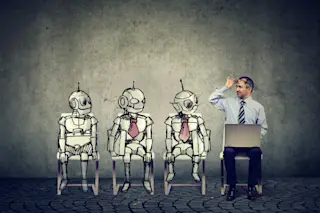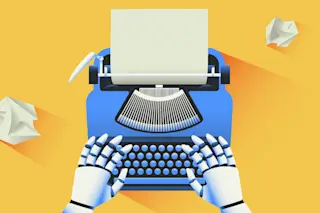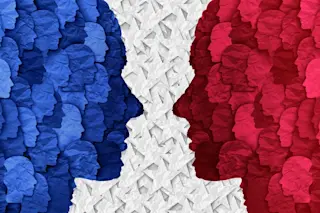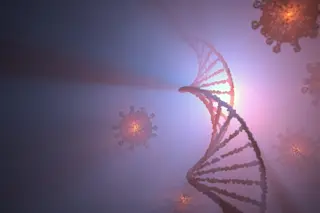The language of science continually changes. Throughout the last ten years, a wide range of words and phrases have emerged from obscurity into common usage in science. These include zika, Ebola, ChatGPT and so on, words that reflect the ebb and flow of scientific research and broader events and fashions within science and society.
These changes show up in the papers, reviews and articles that scientists are constantly producing. Indeed, various researchers have attempted to map the evolution of science through the changes in language they produce.
And that raises an interesting question about the impact of artificial intelligence on science. Since the public launch of ChatGPT in November 2022, scientists have been able to use Large Language Models to revise, edit and occasionally write from scratch all the scientific papers that they produce. But how much they actually use this kind of AI assistance is unknown.
Enter Dmitry Kobak ...














